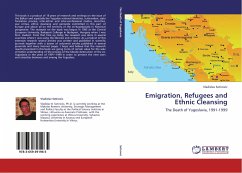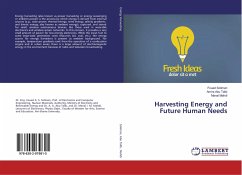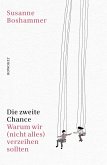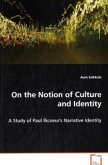In twelve in-depth interviews, the author explores
the symbolic content of stories about World War II
recollected by the children of German immigrants in
the United States. The analysis focuses on a variety
of strategies employed by immigrant families when
dealing with a conflicting German identity and moral
emotions such as shame and guilt. The respondent pool
includes three opposite-sex sibling pairs to allow
for an interpretation of gender as influencing both
the transmission process and the content of the war
stories. The study further examines the narratives
within a complex context of variables such as
history, temporality, and family communication
patterns, hereby concentrating on intrafamilial taboo
topics. Similarities between the identity-protective
strategies of the respondents and their parents when
dealing with the German past and the coping
mechanisms of German generations in Germany become
apparent throughout the book. Thus, the project is
able to draw significant parallels to a large body of
research focusing on German
Vergangenheitsbewältigung while illuminating the
specific situation of German identity in the context
of American Diaspora.
the symbolic content of stories about World War II
recollected by the children of German immigrants in
the United States. The analysis focuses on a variety
of strategies employed by immigrant families when
dealing with a conflicting German identity and moral
emotions such as shame and guilt. The respondent pool
includes three opposite-sex sibling pairs to allow
for an interpretation of gender as influencing both
the transmission process and the content of the war
stories. The study further examines the narratives
within a complex context of variables such as
history, temporality, and family communication
patterns, hereby concentrating on intrafamilial taboo
topics. Similarities between the identity-protective
strategies of the respondents and their parents when
dealing with the German past and the coping
mechanisms of German generations in Germany become
apparent throughout the book. Thus, the project is
able to draw significant parallels to a large body of
research focusing on German
Vergangenheitsbewältigung while illuminating the
specific situation of German identity in the context
of American Diaspora.








